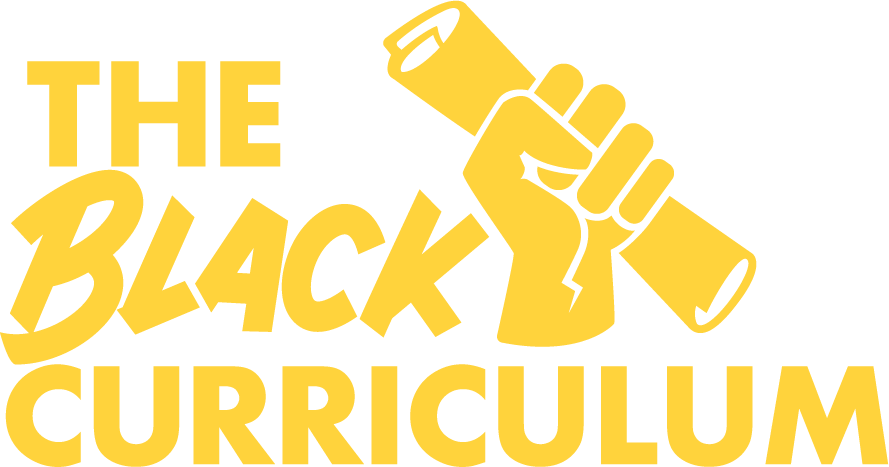
Our Blog
At The Black Curriculum, our arts-focused learning practice is centred around the retelling and rediscovery of stories. Just like you, our team is continuously learning - have a read of our thoughts and join us on our journey!
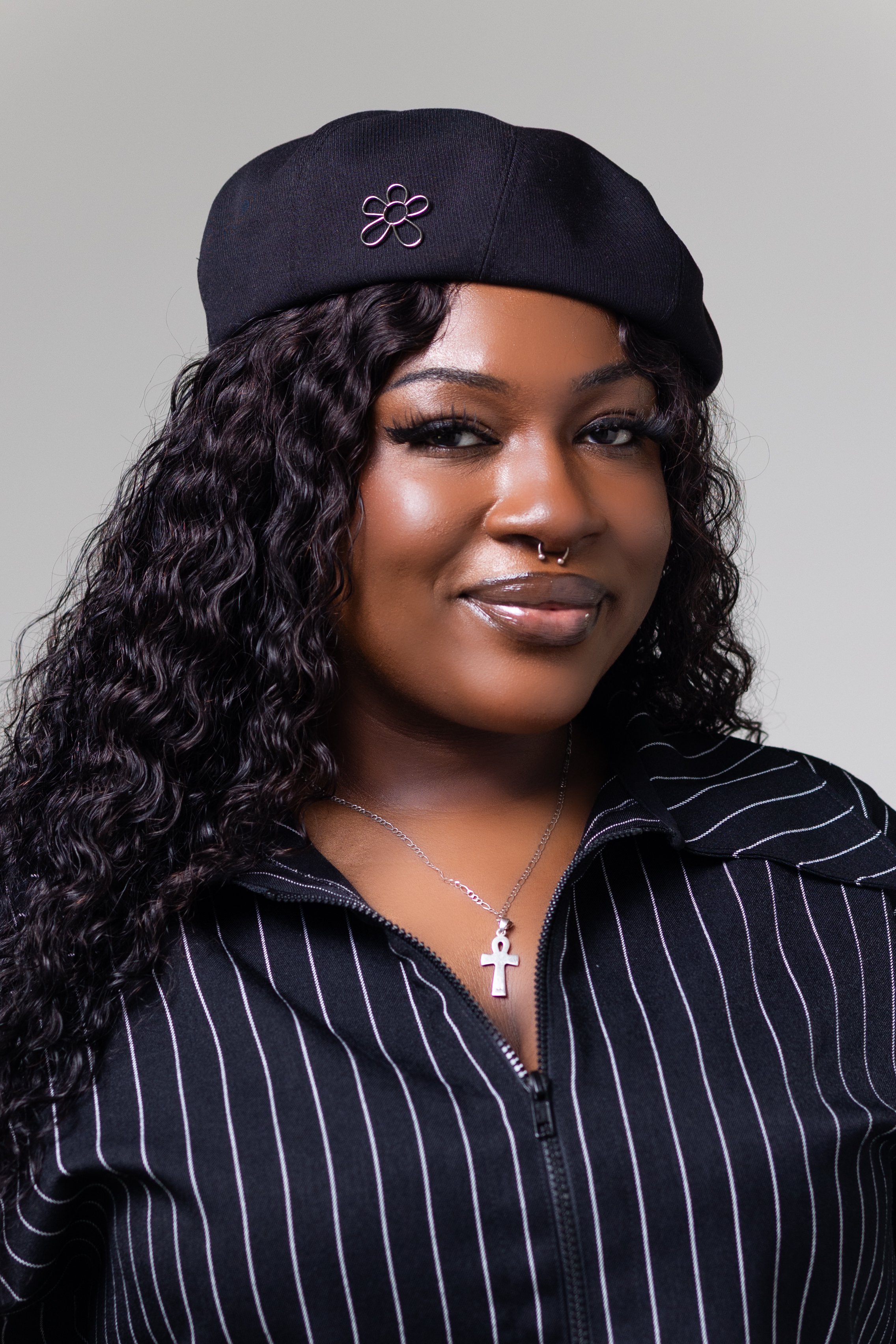
Week 1- Danielle Udogaranya: Rewriting the Future of Representation in Gaming
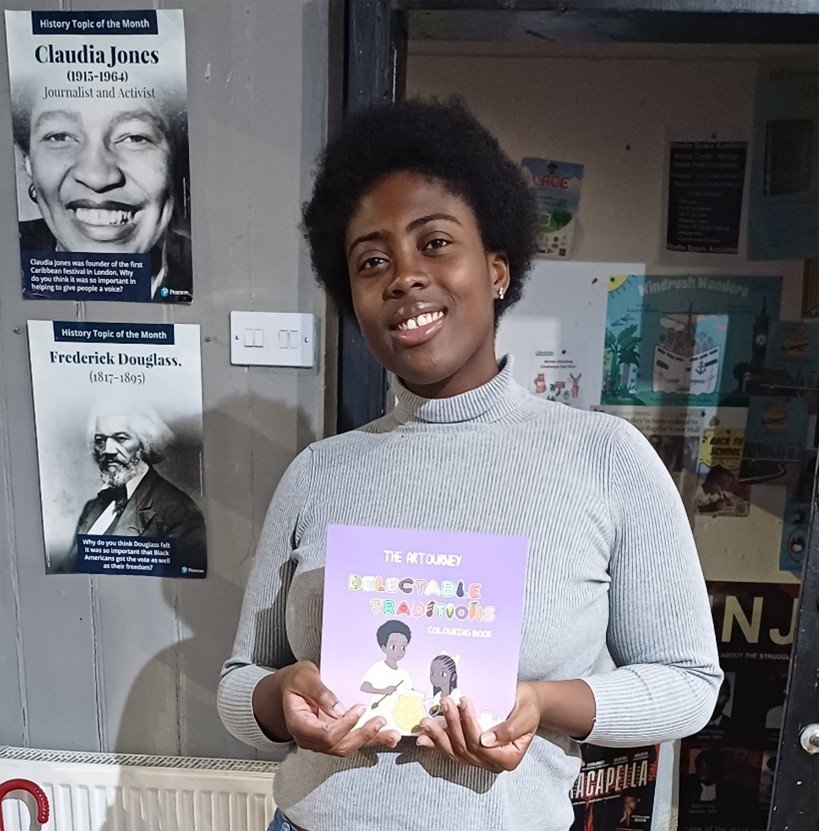
More Than a Colouring Book: My Artourney from a Single Story to a Celebration of Heritage

The Black Curriculum Response to the Curriculum and Assessment Review (November 2025)

Understanding Racial Profiling: History, Impact, and Legal Context

The Black Curriculum Visit Ghana 2025

Black History IS British History!

Every Action Counts
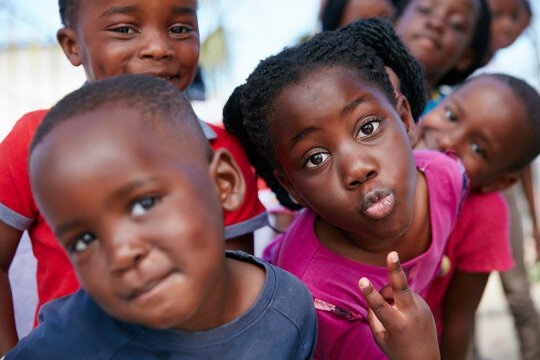
Black SEND Children and Stopping Their Marginalisation

LIMING WITH GRAN - Breaking Down Health Taboos with a Game of Dominoes

Adultification- The Black Secondary School Experience
Adultification- The Black Secondary School Experience

How Community Cooking Project – Peng Patties – is Engaging Young People with Ital Cooking Again
How Community Cooking Project – Peng Patties – is Engaging Young People with Ital Cooking Again

Reclaiming Black History – What a Community Garden Can Teach Us about Ital Eating
Reclaiming Black History – What a Community Garden Can Teach Us about Ital

Beyond the Battlefield: Mary Seacole’s Legacy as a Nurse,Political Pioneer, and Businesswoman
Beyond the Battlefield: Mary Seacole’s Legacy as a Nurse, Political Pioneer, and Businesswoman

The History and Reality of Living with Sickle Cell Anaemia, with ChiyènneAdrien
The History and Reality of Living with Sickle Cell Anaemia

Who, what and why am I? For 33 years I was at the chalk face
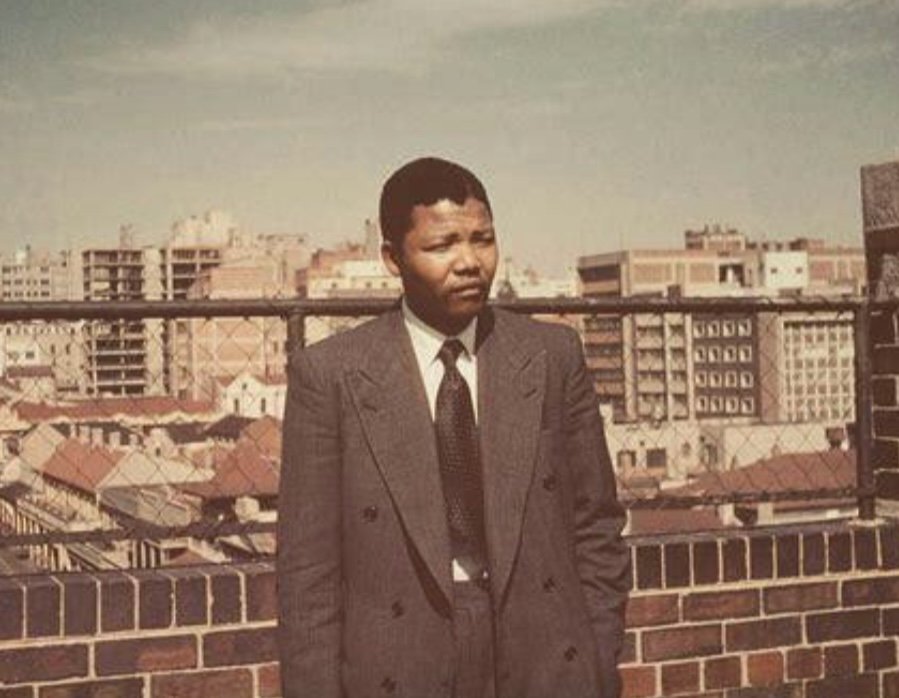
Nelson Mandela Day
‘The Boy Who Deluded Him Away’ - the legacy of child trafficking in eighteenth-century Britain

The importance of World Book Day
A lot of children feel that reading is something that is just for school. They don’t see how they need it in real life, and they certainly don’t see how anyone could get any sort of pleasure from it. That is a shame, since poetry, stories and all other forms of literature have been the secret tool people across the world and cultures have used to entertain themselves and escape from their ordinary lives.

Black History Month Resource
Each day throughout Black History Month we posted our BHM365 Series which showcased educational, inspirational and often surprising historical information about Black People's contribution to Britain. We have collated the series and created a learning resource so that you can discover or rediscover some historical and important knowledge about Black British history.

Reflections on the colonial hangover
Over the past few days, Britain and the world has revisited the classroom, and been taken in by a history lesson, starting with the topic of colonialism. Though the public engagement with the topic of colonialism is not rare, discussions still happen few and far in between and are framed in very reduced terms - ‘was colonialism good or bad?’.
